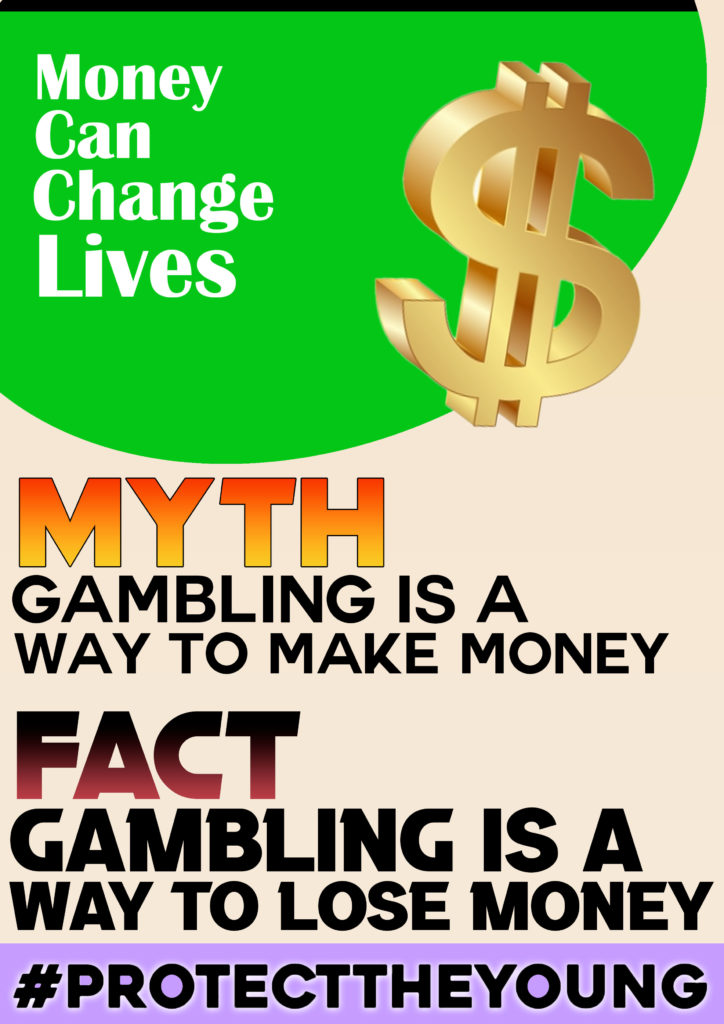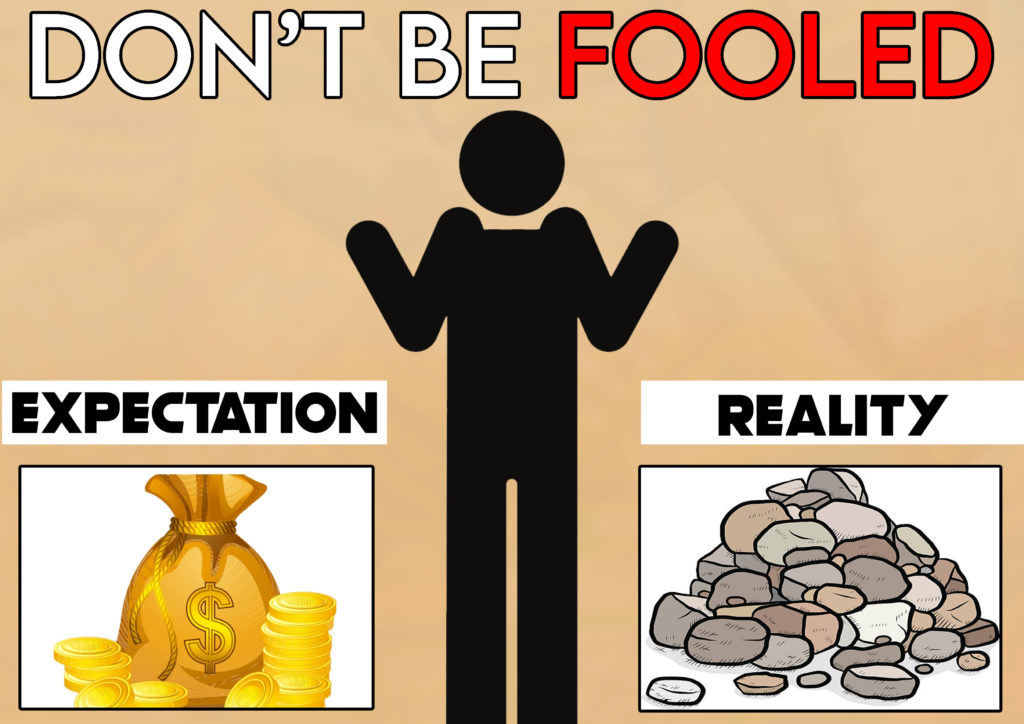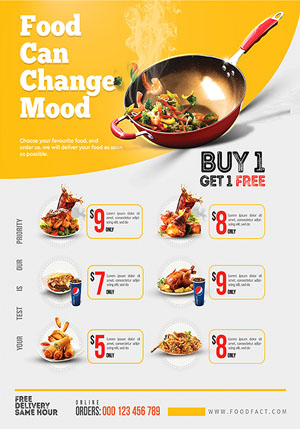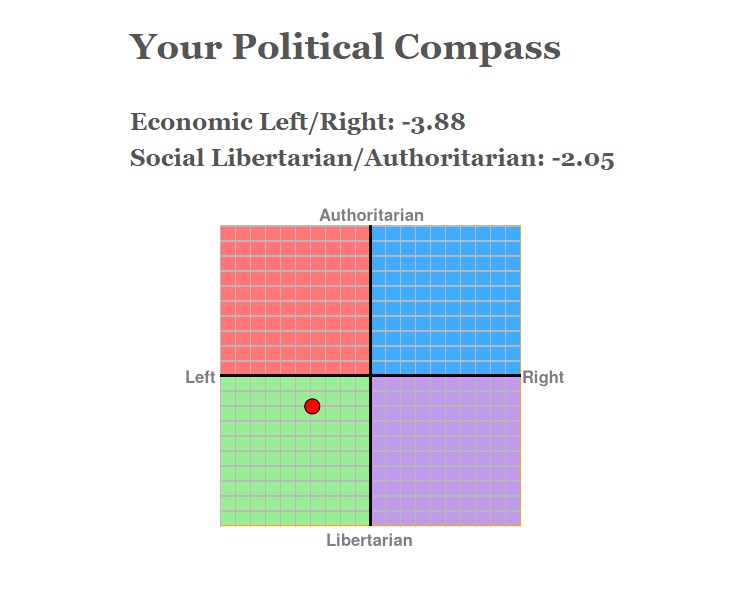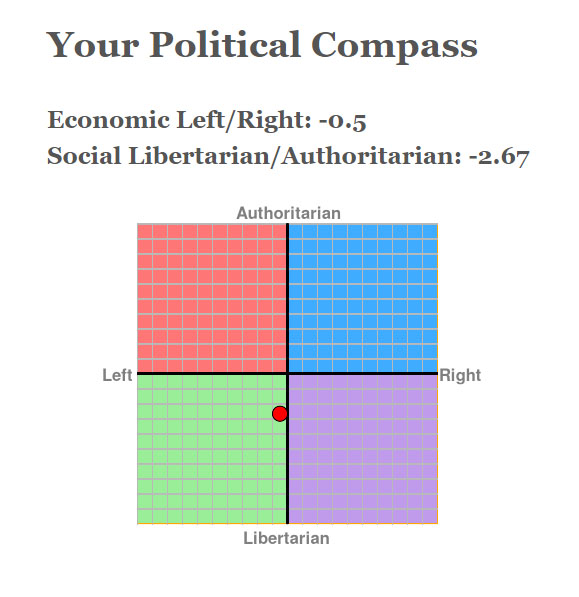Statement of Intent
For my regulation NEA I plan to make three products, a flyer, a magazine ad and an Instagram post. These will all be based around a media campaign with the idea that gambling should be more regulated and restricted. Currently, the minimum age to buy lottery tickets in the US and the UK is 18, which is in place to regulate the ability to spend money for minors. I will make use of a hashtag in my flyer being #protecttheyoung to try and increase the audience participation in the campaign. My flyer would have a target audience of kids who would mostly be affected by gambling at an early age, and so they would be relatively simple with elements that are easy to recognise and relate to, similar to the flyers below with the vibrant colours. I would have indexical symbols relating to money (perhaps a dollar sign) and I would use these to try and get the audience to be more active while consuming it, as depicted in the Two Step Flow model by Lazarfelt. My magazine ad would have the same theme and ideas, but it would appeal to an older audience of people who have the disposable income to spent on things like betting or lottery tickets, and it will be more statistical, showing the real odds of getting money out of gambling compared to what you would be putting into it.
Flyer Campaign Design Inspiration
My Products
